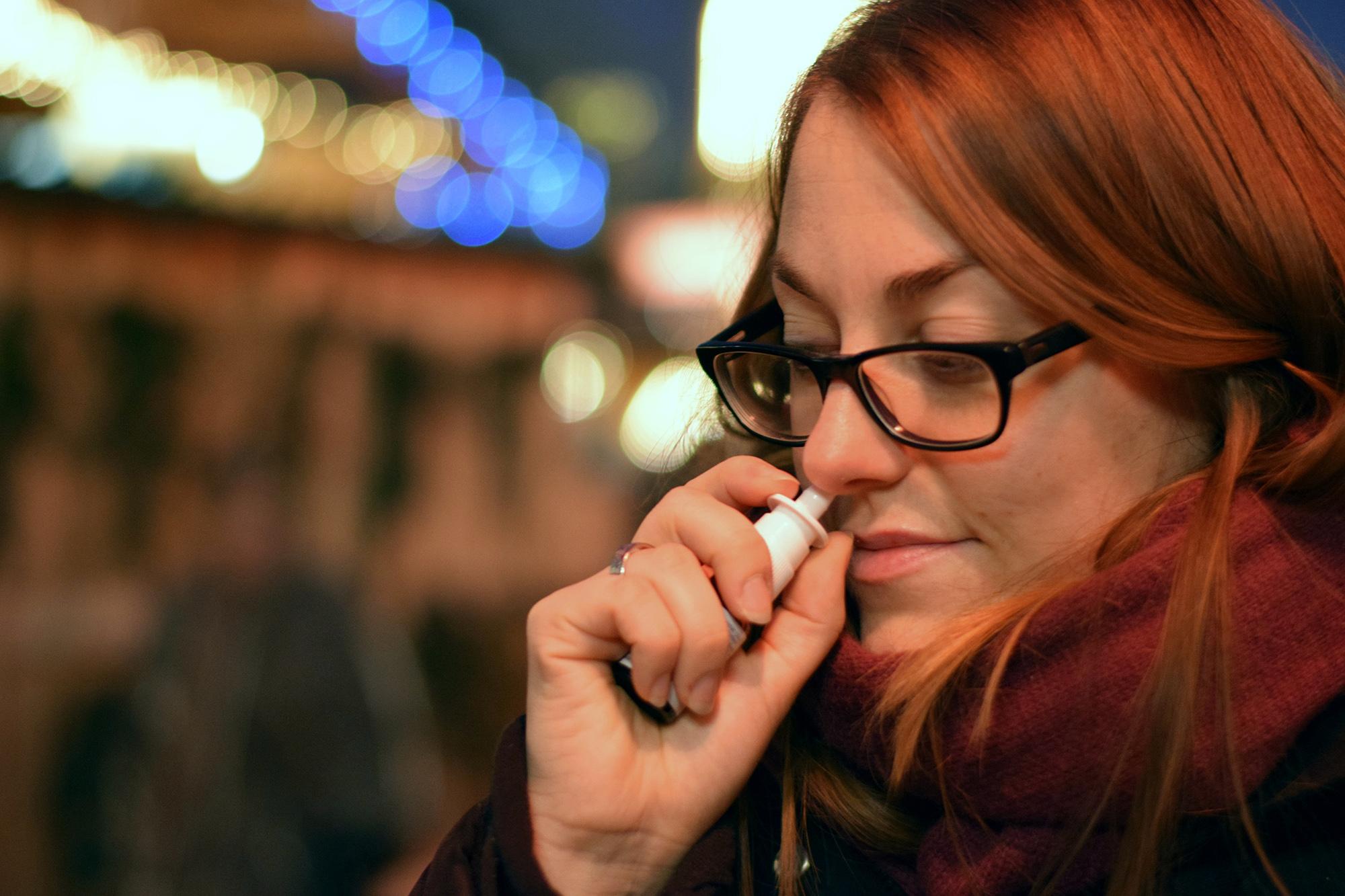- The patent of the Turku-based pharmaceutical innovation company has been granted in the USA
- The company is now actively looking for an international partner
- Nasal spray affects the function of the nasal mucosa as the virus tries to replicate in the body
Turku-based drug innovation company Therapeutica Borealis Oy has been granted a patent from The United States Patent and Trademark Office (USPTO) for its patent application for a COVID-19 drug. Earlier this month, the company told it had received approval for a patent application, based on which, a final grant was expected during May. It was granted on May 18, 2021, under the patent number 11,007,187.

“Final patent is an important milestone for us on our way to the market. Our next goal is to find an established pharmaceutical industry company with an international business scale,” says Professor Kalervo Väänänen, one of the three inventors and founders of Therapeutica Borealis.
The other inventors of the drug and founders of Therapeutica Borealis are Adjunct Professor Lauri Kangas and Psychologist Matti Rihko. The invention is to use a nasal spray with three effects on cellular mechanisms in nasal mucosa to prevent and weaken the ability of the virus to enter the body and replicate itself. That way it is possible to prevent contracting the disease and decrease the risk of falling ill seriously.
“Tackling the pandemic probably requires, in addition to a vaccine, a preventive or early-acting drug. This drug also helps especially in a situation where vaccine coverage threatens to remain too low for herd immunity,” says Kalervo Väänänen.
The active substances to be used in the novel drug (aprotinin, hydroxychloroquine and ivermectin) are well-known and commonly used drugs, but in this invention, they are used in a new and targeted manner on the mucous membrane of the upper respiratory tract. Targeted use enables lower dosage of the active substances, making the treatment safer and more effective.
The scientific basis of the patented invention is to prevent virus replication on the mucous membrane of the upper respiratory tract in three different ways. Protease inhibitors prevent the attachment of the virus to the cell surface and its access to the cells on the mucous membrane of the nose. The neutralisation of intracellular acidic environments can prevent both viral escape from endosomes and viral protein modification in the Golgi apparatus of the cell. As the novel drug is designed to have effect on three different cellular mechanisms it is likely to be effective against various mutations of SARS-CoV-2 as well as other enveloped viruses infecting humans via nasal mucosa.

